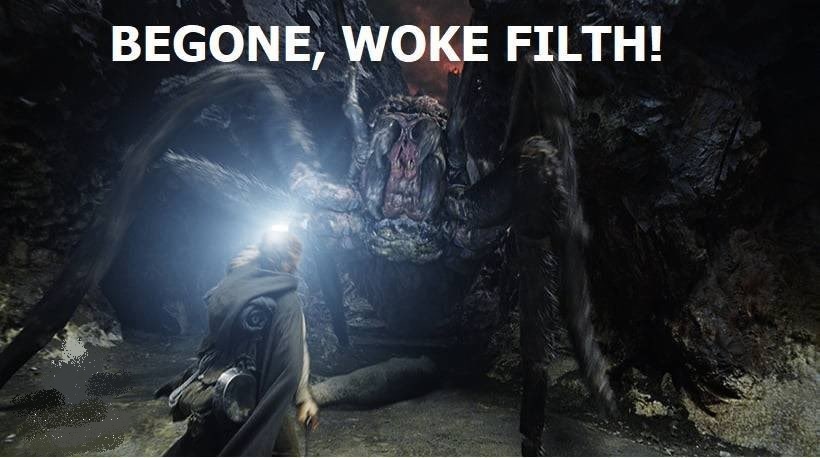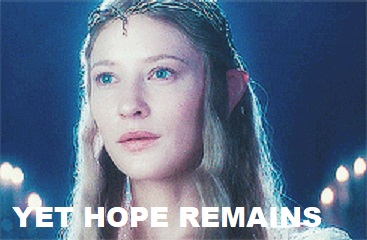
OUR SHIRE: THE CONSERVATIVE UTOPIA OF THE LORD OF THE RINGS
Like many geeky kids of the late 80s, I discovered Tolkien in elementary school. My father had read The Hobbit to me even earlier, and I then read it on my own in second grade. I let Tolkien rest for a few years until to my astonishment I found there was indeed a sequel – The Lord of the Rings.
I still remember that startling experience. I grabbed the book from the library, rushed into my parents’ bedroom where God knows why I loved to read things, then read the whole 1000 pages in one weekend. No matter how many times since I have returned to Middle Earth, nothing ever compares to the excitement of the first journey: Gandalf the Grey, Saruman his rival, orcs, Elves, Nazgul, mighty rivers, deep ravines, ancient kingdoms, and a mythical past only half-explained, undergirding every page. For a little while, even the dusty hills of the Israeli desert had become enchanted. Perhaps there too had existed a mythical past, long before Joshua and the Israelites, a world of ancient lore under the countless silvery stars of Elbereth.
Naturally, that led to a few years of playing Dungeons and Dragons. But the vagaries of the teenage years which had brought an end to my hobbit-like innocence had also made me forget about Tolkien for many years.
My next encounter with Tolkien was collectively shared. The famously successful movies came out and I, an engineering student, together with the rest of humanity, had watched them all with pleasure. But the trilogy had concluded and passed me by without leaving much of a mark. The excitement of my youth had not been revived nor had any desire to go back to Middle Earth been awakened.
But a decade later I picked up The Lord of the Rings again. I was entangled in the corporate politics of a large consulting firm – promotions, finding “sponsors,” “managing my relationships,” and all that tedious diarrhea accompanying what nowadays passes for a career. The book had beckoned to me and offered me a balm. Corporate political schemes, where every dung beetle attempts to wrestle for itself a great ball of feces, were much like the zealous intrigues inspired by the desire for the One Ring. Just as ferocious, just as vacuous. True heroes, however, like Frodo and Sam, have no such dung-beetle-like desire. They are content with the Shire.
And so I came back to Middle Earth and have remained there since. The Shire, once a refuge from corporate intrigue, has become to me a much more powerful symbol. A Burkian utopia.
Who are the hobbits? What is the Shire? They are a gentle people, unconcerned with great adventures, unburdened by a desire to go abroad in search of monsters to destroy. They live in the ancient land of their ancestors and are content to remain there. While generous, they are suspicious of strangers and are reluctant to invite them in. But once their trust is gained, they are the perfect companions.
The Shire is the homeland of a settled people, living for countless generations by the legacy of their forefathers. Like Burke’s society, it is a trust, an alliance across the generations between the dead, the living, and the yet unborn. This is why a hobbit likes so much to make things nice and cozy. To plant trees and flowers and make things pleasant for others to enjoy.
The storm of adventure may rage abroad. Kingdoms clash and fall and sometimes rise again. But the Shire stands, content within its own confines, reluctant to invite the world, not wishing to invade it.
May America be restored to what she was – a continent-sized Anglo-Western Shire. Content within her own territory, merry in her ways, barring the Third-World from pouring in, reluctant to go abroad.

Follow us on Twitter!
And sign up for updates here!